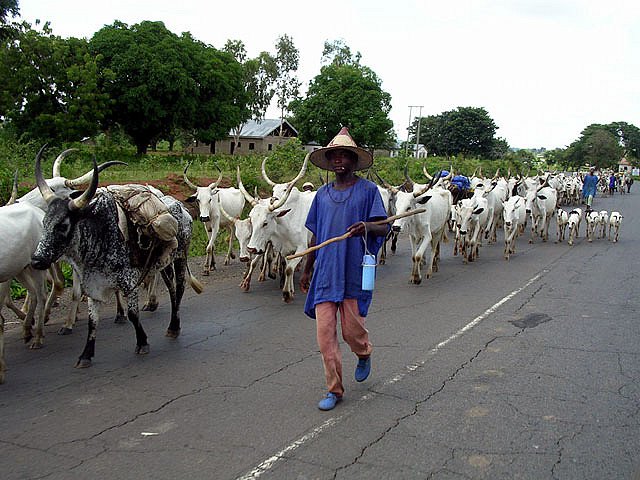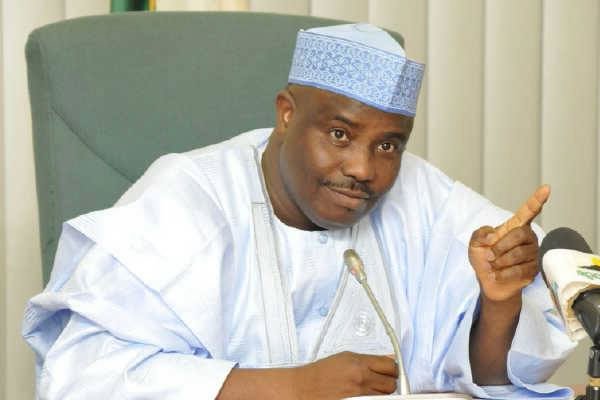NLTP is not RUGA – Report

The National Livestock Transformation Plan (NLTP) which will be commissioned by Vice President Yemi Osinbajo in Adamawa state on Tuesday is not the same as the suspended Rural Grazing Area plan (RUGA).
Some reports on social media and online have interchangeably used both programmes claiming that they are same programme but in the real sense, they are two different programmes.
Our correspondent reports that in July, President Muhammadu Buhari announced the suspension of RUGA, a programme of the Ministry of Agriculture in favour of NLTP.
The idea of NLTP was conceived at the National Economic Council chaired by Prof. Osinbajo. NEC in January 2019 set up a Technical Committee that went round the frontline states dealing with the Farmers-Herders conflicts and after a report was submitted agreed that NLTP was the way to go.
NEC agreed that each state government will decide what they will do with NLTP and how they want NLTP achieved.
For states that want to implement NLTP, the federal government will provide 80 per cent of the funds while state governments will provide 20 per cent. In all the Federal Government will not impose on any State government regarding its land.
Exposed!! Popular Abuja doctor revealed how men can naturally and permanently cure poor erection, quick ejaculation, small and shameful manhood without side effects. Even if you are hypertensive or diabetic . Stop the use of hard drugs for sex!! It kills!
NEC explained that the Federal Government and State governments decided on NLTP as a ranching option for livestock breeding.
NEC also approved the plan based on the recommendations of a Technical Committee of the Council chaired by Governor Dave Umahi of Ebonyi State. Other State Governors on the committee and Working Group of NEC are those from Adamawa, Kaduna, Benue, Taraba, Edo, Plateau, Oyo & Zamfara – mostly the frontline States in the Farmer-Herder crises.
The National Livestock Transformation Plan (NLTP) 2019-2028 is a programme to be implemented in seven pilot states of Adamawa, Benue, Kaduna, Plateau, Nasarawa, Taraba and Zamfara (as decided by NEC in January), these being States in the frontlines of the Farmer-Herder crises.
Afterwards, six other States have indicated readiness to also implement the plan. They are Katsina, Kano, Kogi, Kwara, Ondo, and Edo states.”
The plan has six pillars through which it aims to transform the livestock production system in Nigeria along market-oriented value chain while ensuring an atmosphere of peace and justice.
The six key pillars include: economic investment, conflict resolution, justice and peace, humanitarian relief and early recovery, human capital development and cross-cutting issues such as gender, youth, research and information and strategic communication.




